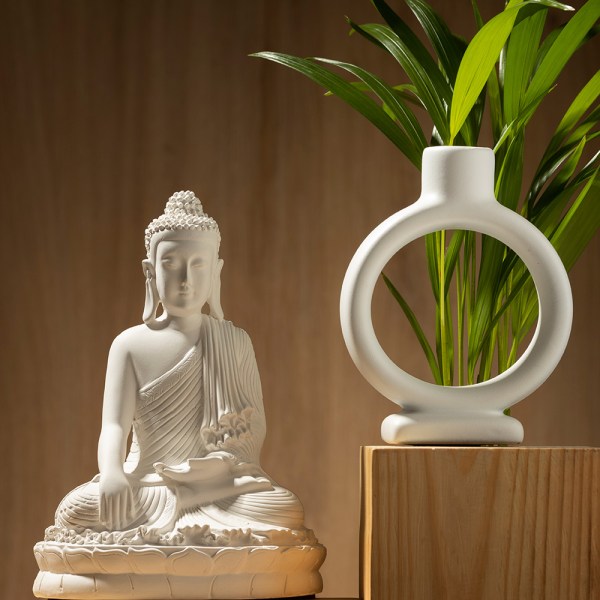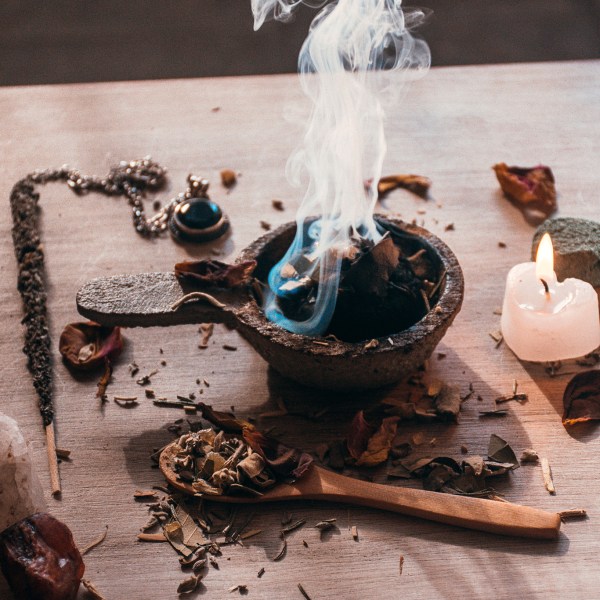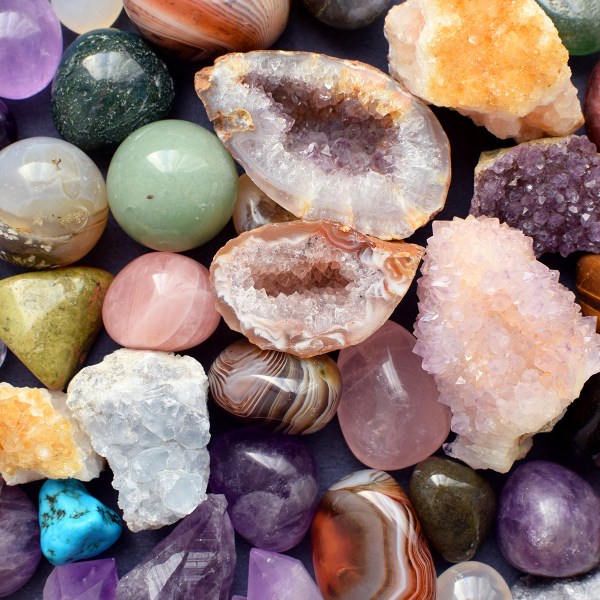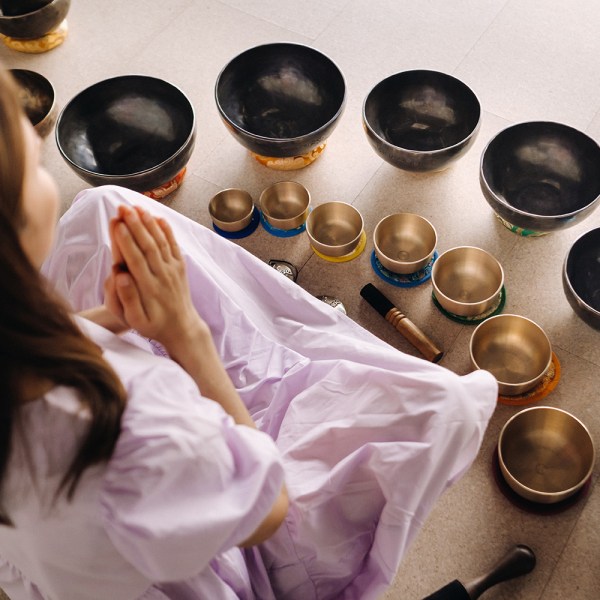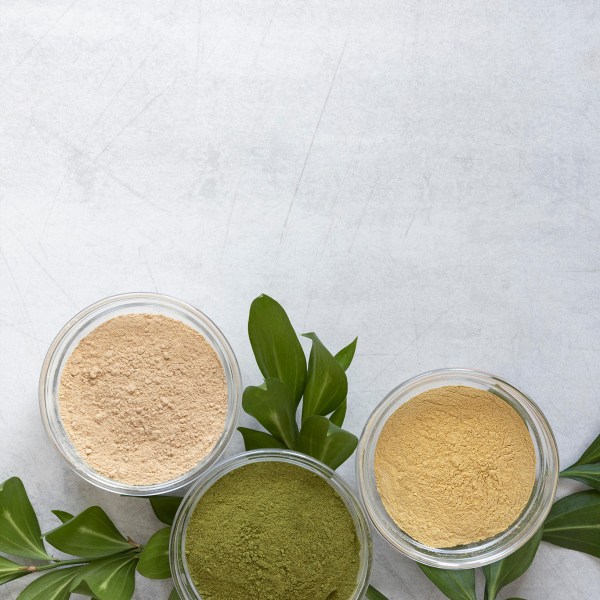Latin name: Jasminum Officinale
Used part of the plant: dried leaves
Origin: India
Extraction method: steam distillation
Origin: gin: ginseed oil; dilution 5% in grape seed oil
Jasmine oil is considered a powerful aphrodisiac, which is probably why it has become so popular over the centuries. Because of its other effects, it was often used in healing and religious ceremonies. In China, it was used to perfume sick rooms and was believed to purify the air - even though bacteria were not known to exist at the time. In Ancient Egypt, jasmine oil was used to treat headaches and was also effective in treating sleep disorders due to its sedative properties.
Today, the essence is produced by a process called solvent extraction. At first glance, jasmine is all about scent. Its complex, floral energy is a mood enhancer for most people. Studies have shown that just smelling jasmine can increase alertness, hand-eye coordination, boost self-confidence and feelings of happiness, and reduce stress.
Therapeutically, jasmine can treat dry, ageing skin. It is used in small concentrations to treat eczema and dermatitis. Jasmine oil heals scars and postpartum stretch marks. It relieves anger, anxiety and stress and reduces emotional tension thanks to its calming and balancing properties.
Jasmine increases libido, releases inhibitions and inspires sexual desire. It has properties that regulate the menstrual cycle, reducing pain, lethargy and mood swings. It can also delay the onset of menopause.
More informations and price history

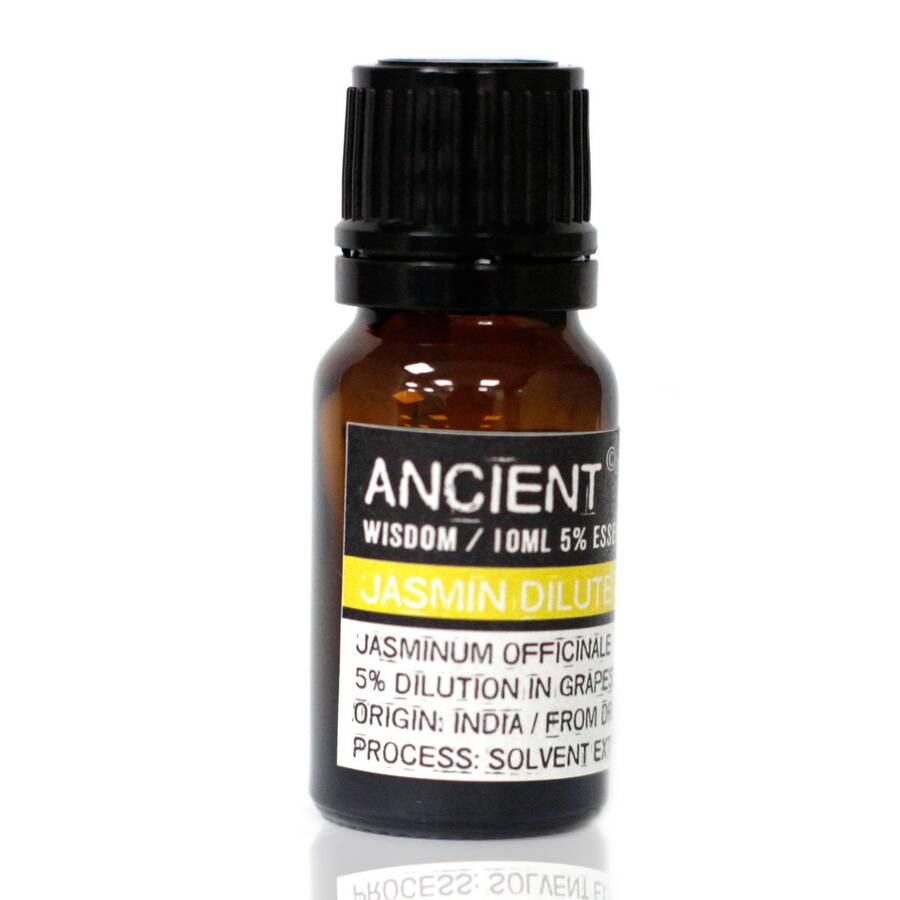
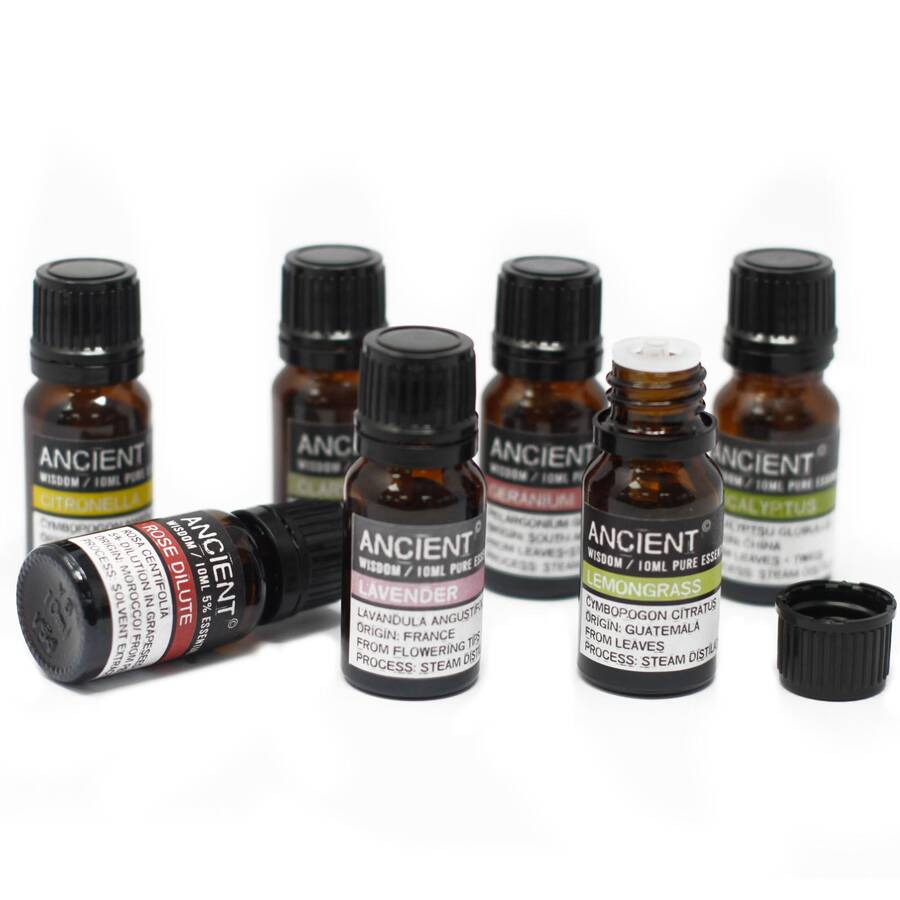
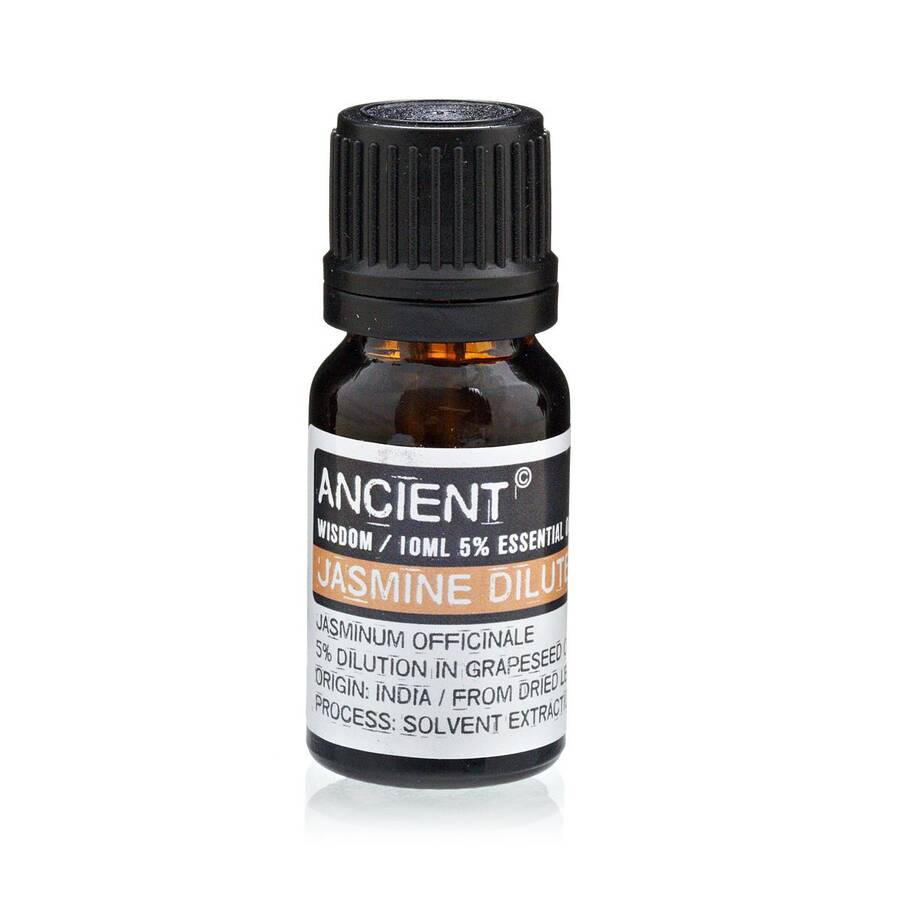



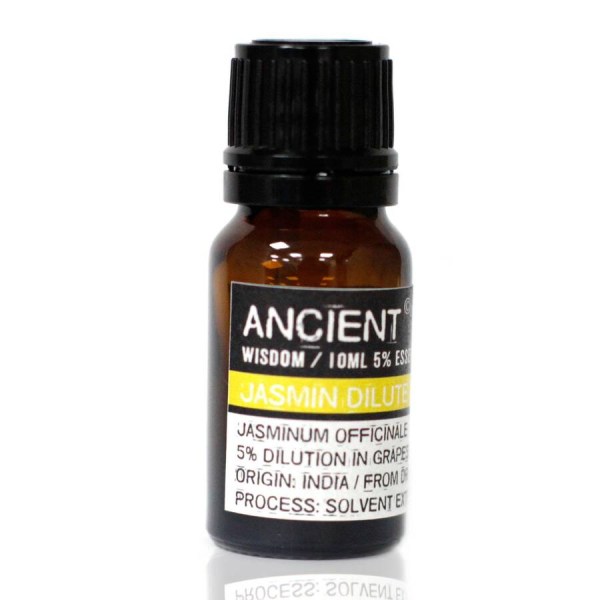

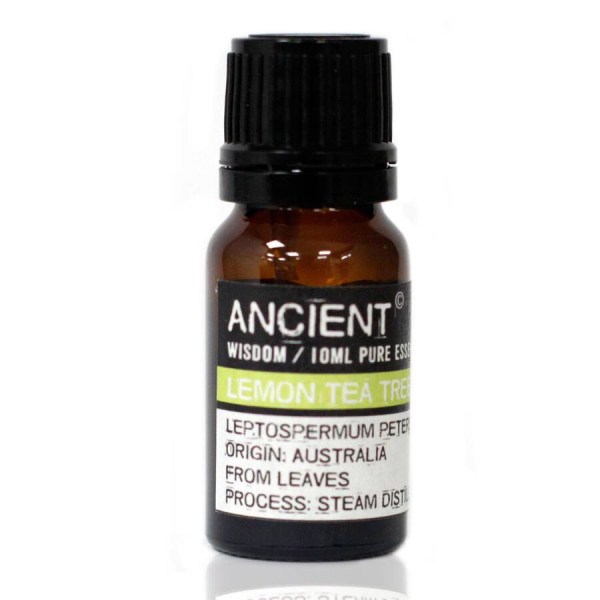
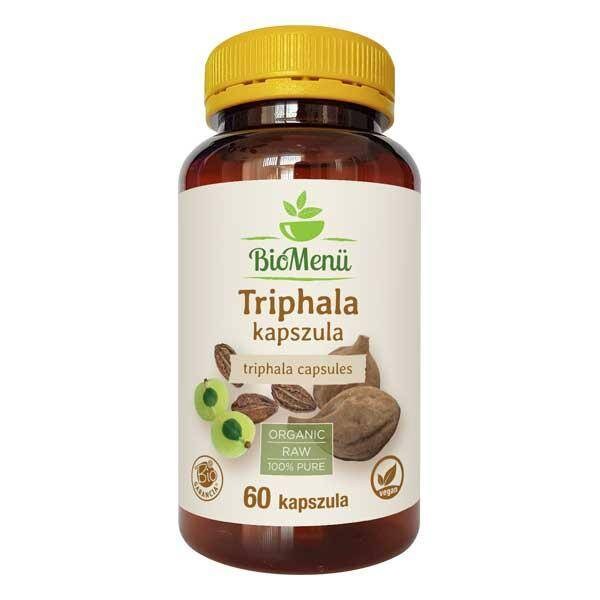



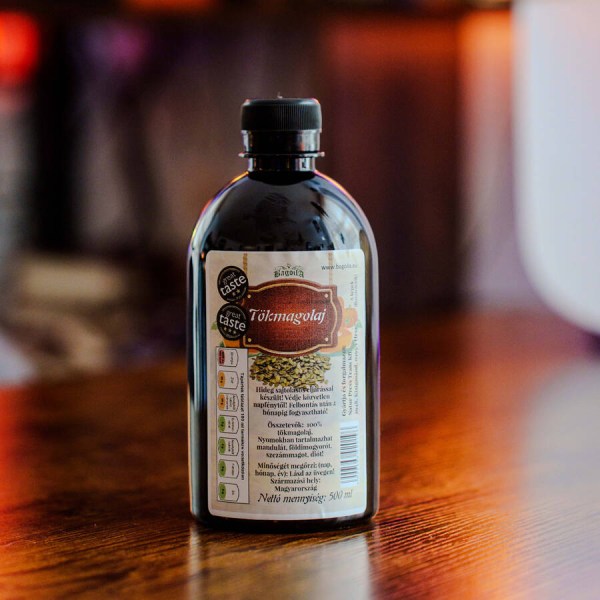
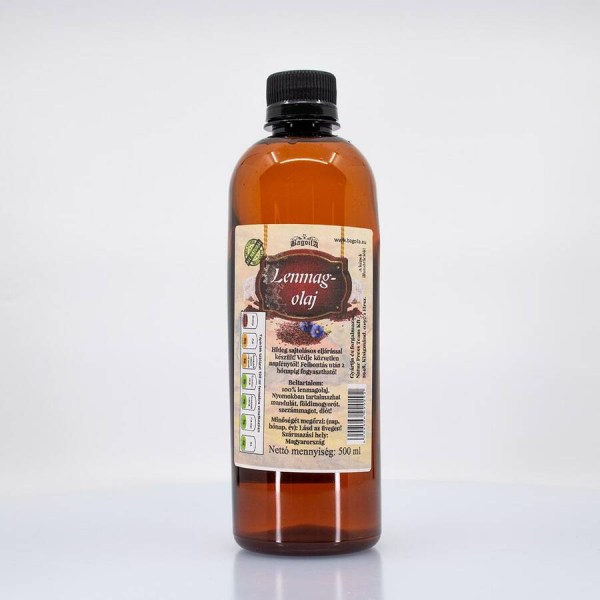
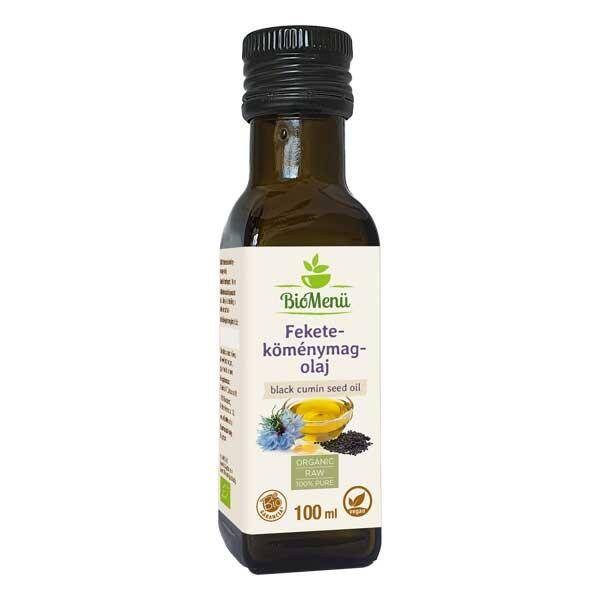



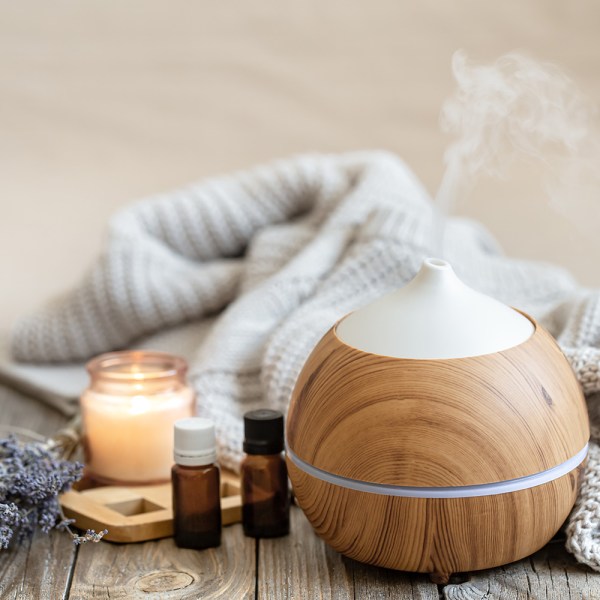

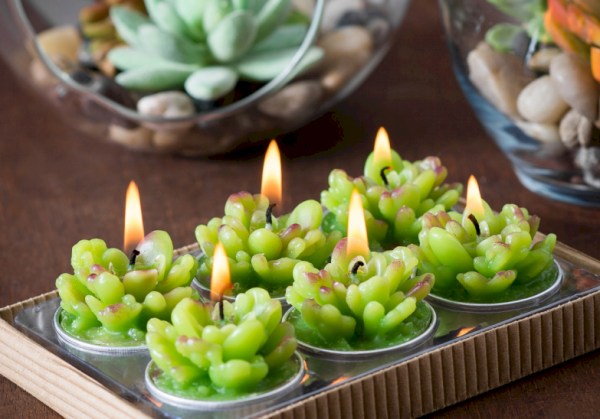

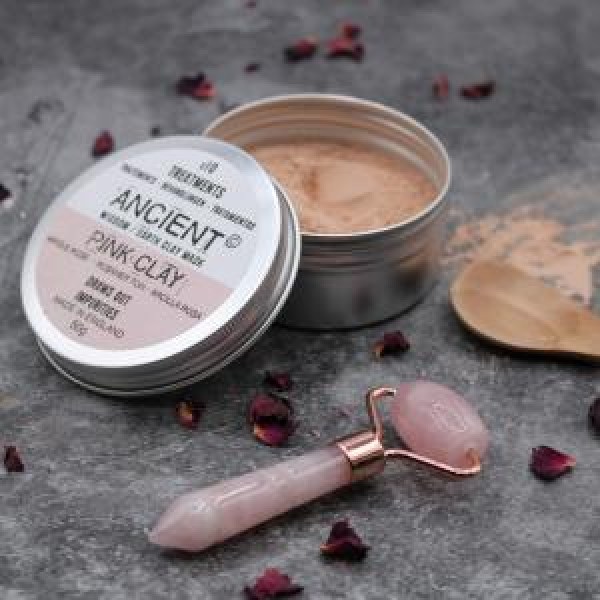
_600x600.jpg)





